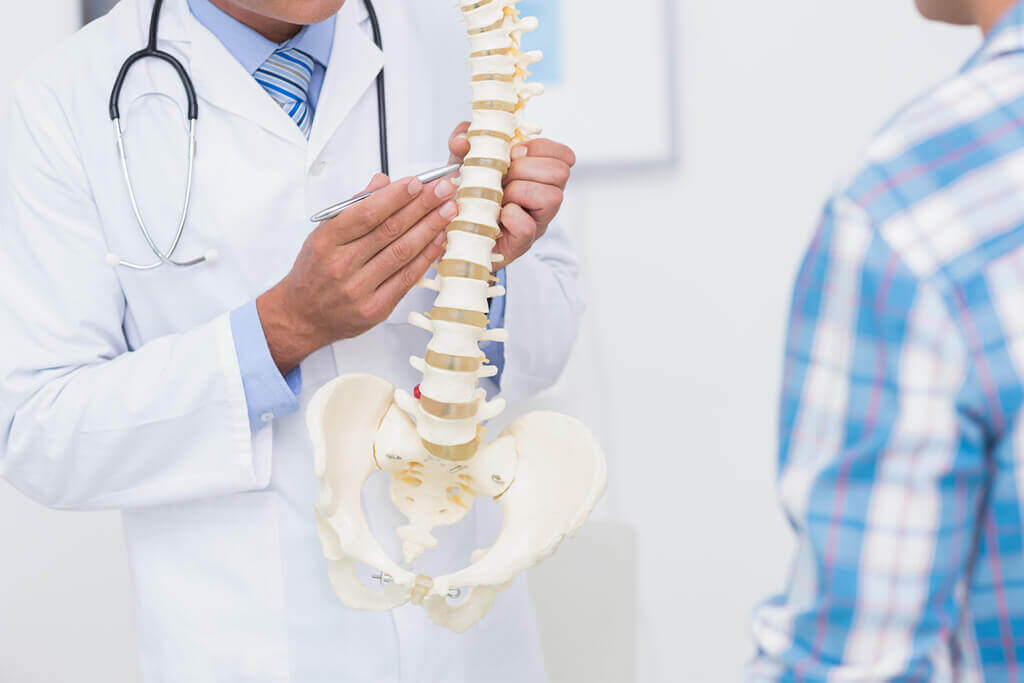Salivary Gland Conditions & Treatment
Introduction
Anatomy
Causes
Symptoms
Salivary stones block the flow of saliva causing pain and swelling. A bacterial infection is a common consequence of salivary stones. Salivary tumors appear as painless masses or lumps. They usually grow very slowly. Sometimes a tumor can affect the nerves that move part of the face because the gland and nerve are located near each other.
Diagnosis
Treatment
Salivary gland stones or tumors are removed surgically. The procedure usually corrects the condition. In the rare case of cancer, one may also be treated with radiation, chemotherapy, or both to assure the best outcome.
Prevention
Am I at Risk
Smokers and people that do not brush their teeth regularly may have an increased risk of salivary gland infections. People with certain medical conditions, including mumps, human immunodeficiency virus, Sjögren's disease, dehydration, or diabetes may be susceptible to infections as well.Complications
You should receive emergency medical treatment if you experience difficulty breathing or swallowing.
Copyright © - iHealthSpot Interactive - www.iHealthSpot.com
This information is intended for educational and informational purposes only. It should not be used in place of an individual consultation or examination or replace the advice of your health care professional and should not be relied upon to determine diagnosis or course of treatment.
The iHealthSpot patient education library was written collaboratively by the iHealthSpot editorial team which includes Senior Medical Authors Dr. Mary Car-Blanchard, OTD/OTR/L and Valerie K. Clark, and the following editorial advisors: Steve Meadows, MD, Ernie F. Soto, DDS, Ronald J. Glatzer, MD, Jonathan Rosenberg, MD, Christopher M. Nolte, MD, David Applebaum, MD, Jonathan M. Tarrash, MD, and Paula Soto, RN/BSN. This content complies with the HONcode standard for trustworthy health information. The library commenced development on September 1, 2005 with the latest update/addition on February 16, 2022. For information on iHealthSpot’s other services including medical website design, visit www.iHealthSpot.com.


